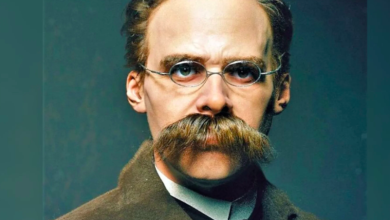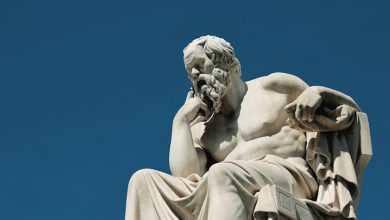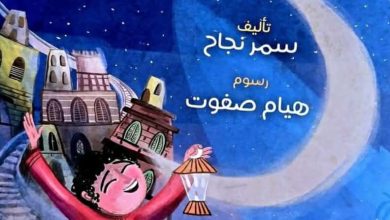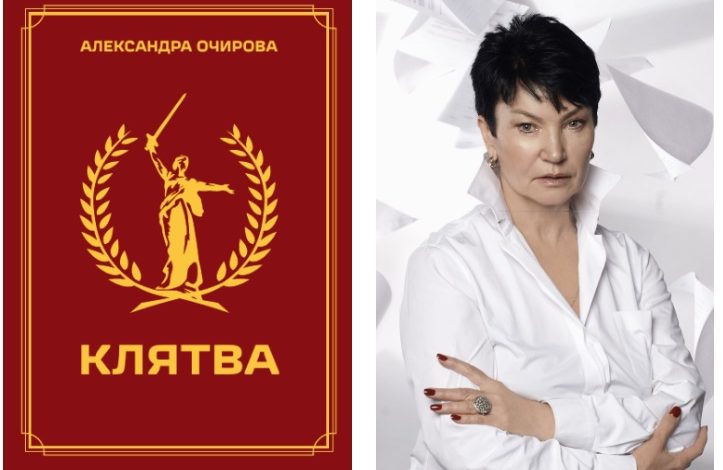
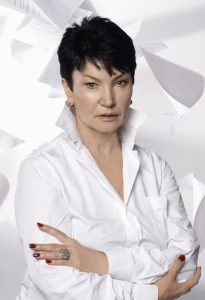 Alexandra Ochirova’s new book “The Oath” is a work that deserves philosophical reflection within the context of the global questions that have tormented humanity throughout its existence. The memory of the Great Victory contained in this work is not merely another act of historical reflection, but rather a philosophical foundation that, stretching across centuries, reminds us of humanity’s greatest responsibility — to itself and to future generations. Through her profound contemplation of a historical moment, Ochirova guides us toward the essential questions that lie at the core of human civilization and the philosophy of existence.
Alexandra Ochirova’s new book “The Oath” is a work that deserves philosophical reflection within the context of the global questions that have tormented humanity throughout its existence. The memory of the Great Victory contained in this work is not merely another act of historical reflection, but rather a philosophical foundation that, stretching across centuries, reminds us of humanity’s greatest responsibility — to itself and to future generations. Through her profound contemplation of a historical moment, Ochirova guides us toward the essential questions that lie at the core of human civilization and the philosophy of existence.
Each poem in The Oath reminds us that the heroism of the Great Patriotic War is a moral duty that still lives within human consciousness and responsibility. In this context, the soldiers’ valor in fighting for peace becomes a living component of the global order, in which every act of resistance to evil carries meaning for the entire universe. Memory, as the vital link, defines the future — forming the basis of humanity’s moral philosophy and guaranteeing that evil will not return or be reborn in a new reality.
Victory was a necessary, inevitable act that became a supreme value for all peoples. However, in The Oath, it is not only the army that triumphs — it is morality, the principle of human freedom and dignity that prevails, and this principle defies the boundaries of time.
The land on which this victory was won is seen as a sacred space filled with the symbolism of memory and legacy — a land where values are defined and attain a sacred status, serving as an eternal reminder that we must remember acts of heroism and protect the principles they represent.
“The Russian land
Has a majestic presence —
Every inch of it
Soaked in sacred blood.”
These lines reflect the idea that the land we are responsible for embodies the spirit and strength of the people — a symbol through which we realize our responsibility both to ourselves and to all of humanity.
In The Oath, a deep philosophical thought emerges: the heroism of every soldier who defended the homeland continues to live within each of us as a vital spiritual substance that shapes our ethical and philosophical worldview. The author invites us to reflect on an essential question: how does memory of the past become a moral obligation in the present — and how does that memory shape the future? This is the book’s central philosophical idea: that every person, every nation, bears responsibility for the future. The sacrifice of the simple soldier, which became the foundation of victory, enters the realm of eternity, transcending time to become a part of the world order that shapes humanity’s evolution.
“We said — we shall return again,
So that life may fulfill dreams,
And once more we’ll see Our Sun,
And give flowers to the girls,
And say ‘thank you’ to our mothers for life,
To grandfathers and fathers — for victory.
And we shall march in triumph
Over the treacherous tracks of the enemy.”
This poem expresses a deep awareness of our duty to return to truth and light — for it is in remembering the past that humanity finds its duty to future generations: to overcome evil and restore justice through spiritual and moral victory.
“Let all remember Stalingrad,
And Rzhev, and the courage of the Blockade…
And those who defeated the forces of hell —
The living, and the bronze soldiers.”
This verse is a reminder that memory of the battle against evil is a permanent foundation of moral order. The soldiers’ steadfast triumph gains not only historical, but also philosophical significance — as a symbol of willpower and moral truth achieved through the fight for freedom.
“You paid for Victory Day
With all you had and dreamed of.
All you loved and never knew —
You took with you to the pedestal
In liberated squares
Or fallen capitals.
But you never saw your mother or your home,
Where birches call and lightning glows.
And now, a symbol of the people,
You stand, eternal and alive,
As conscience, strength, and freedom,
Holding the world above your head.”
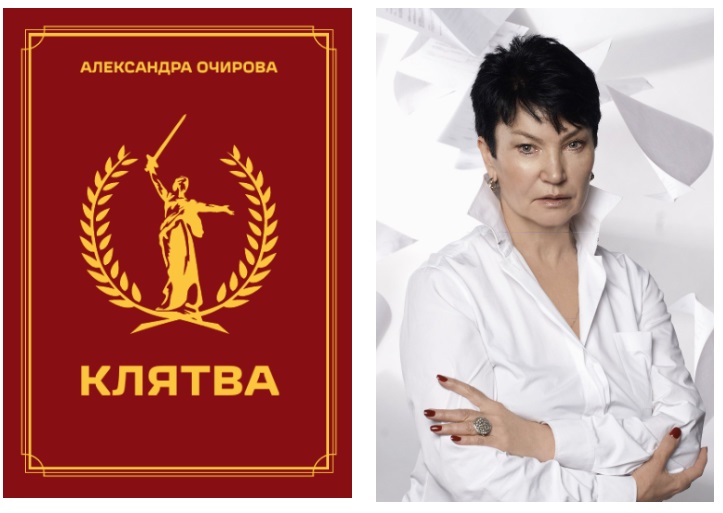 The Eternal Soldier is a cosmic figure, embodying the highest sense of human duty. Victory over evil and death on the battlefield does not vanish in time, but continues as a principle shaping the destiny of individuals and the moral future of nations. This heroism contains more than personal sacrifice — it embodies the realization of an all-encompassing moral responsibility that stretches through the centuries, connecting each human act to a cosmic order. Every effort made to preserve peace and humanity impacts civilization’s progress, creating a space for spiritual elevation, for the preservation of dignity and freedom, where those who endured the trial are remembered forever in collective history. Their moral worth continues to shape the future, because in every generation lives what the previous one achieved — defending and affirming peace. This memory, this moral link between generations, lays the foundation for moral progress.
The Eternal Soldier is a cosmic figure, embodying the highest sense of human duty. Victory over evil and death on the battlefield does not vanish in time, but continues as a principle shaping the destiny of individuals and the moral future of nations. This heroism contains more than personal sacrifice — it embodies the realization of an all-encompassing moral responsibility that stretches through the centuries, connecting each human act to a cosmic order. Every effort made to preserve peace and humanity impacts civilization’s progress, creating a space for spiritual elevation, for the preservation of dignity and freedom, where those who endured the trial are remembered forever in collective history. Their moral worth continues to shape the future, because in every generation lives what the previous one achieved — defending and affirming peace. This memory, this moral link between generations, lays the foundation for moral progress.

